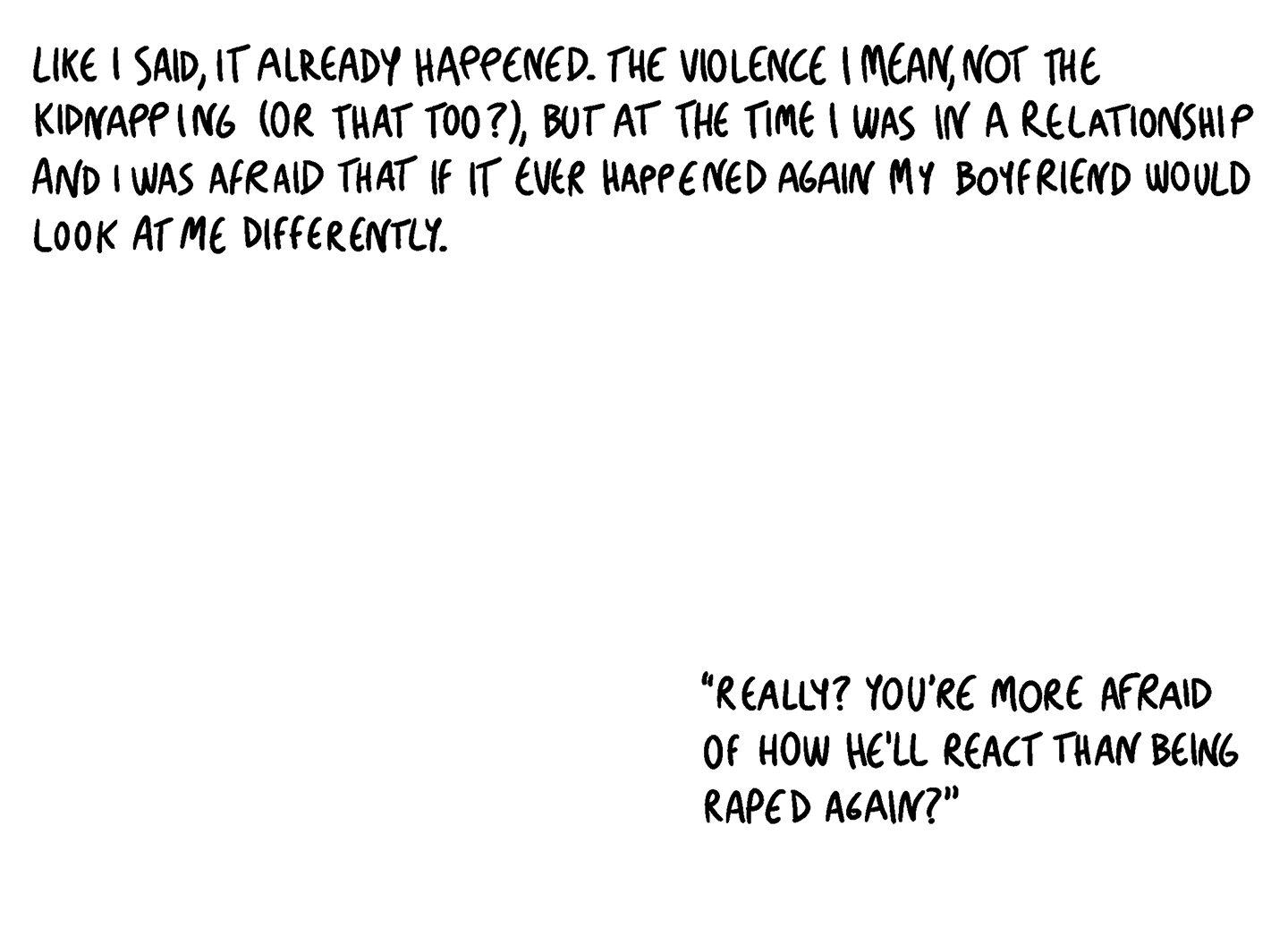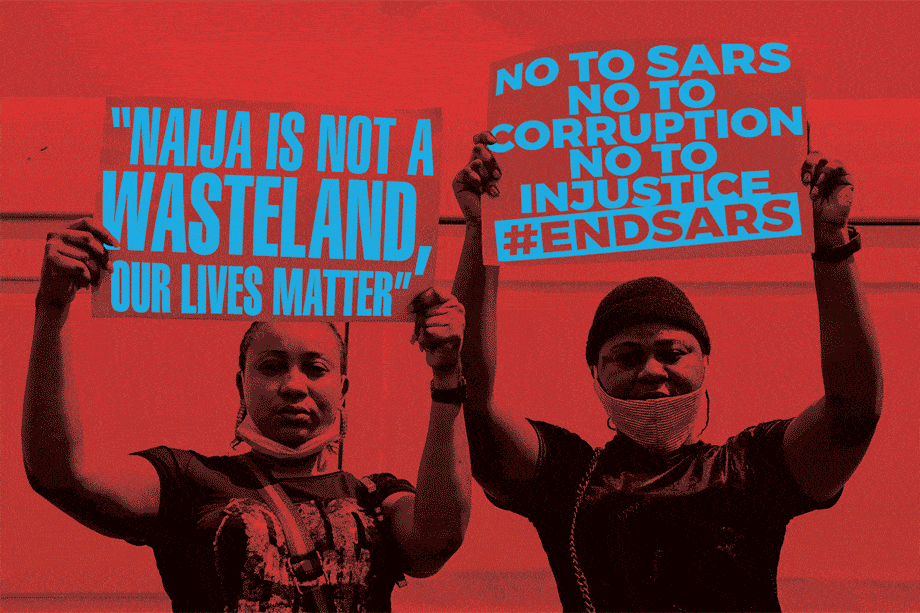In July 2020 an Instagram trend – in which women posted black and white photos of themselves and “challenged” others to do the same to “support women” – went viral with the hashtag #ChallengeAccepted. At the same time, another viral post began to circulate, linking the hashtag to the brutal femicide of Pınar Gültekin, a 27-year-old Kurdish student whose body was found in a barrel. Other Turkish accounts attributed the challenge to the Istanbul Convention, a legal framework designed to protect victims of gender-based and domestic violence, which President Recep Tayyip Erdoğan and his conservative Justice and Development party (AKP) tried to reverse on the grounds that it threatened “family values.” Many selfies were taken and infographics circulated, but while activists used their platforms to elevate the issue, momentum began to trickle out when discrepancies surfaced about the origins of the challenge. The plight of Pınar Gültekin, and the countless other victims of femicide in Turkey, fell back into the digiscape.
Still now, the fight against femicides is more crucial than ever. The global pressure brought on by the social media campaign put a temporary halt to the government’s plans to abolish the Istanbul Convention, but violence against women is persistent, exacerbated by the ongoing pandemic. Last year, 300 femicides were committed in Turkey, while 171 women were found dead under suspicious circumstances1. Sixty percent of the women who were killed in 2020 were killed in their homes. When peaceful demonstrators took to the streets of Ankara in December to protest the murders of four women—Aylin Sözer, Selda Taş, Vesile Dönmez, Betül Tuğluk—the police responded by arresting seven people.
Alongside the relentless police violence towards protesters, the government has failed to enforce the Istanbul Convention by refusing to fully investigate femicides or provide transparent information on individual cases. In 2020, after years of protest, activists at the We Will Stop Femicide Platform made the Ministry of Interior release data on femicides. While this is a positive step towards increasing awareness, the figures are a conservative estimate as many deaths are framed as accidents or suicide.
Arguably one of the most important ways to reduce femicides is to enforce treaties like the Istanbul Convention and the country’s domestic law No. 6284, which protects women against violence by providing short-term shelter, temporary restraining orders, financial aid, and more. Last year, only 23 femicide victims had been granted protection under law 6284 through restraining and protection orders. The lack of police action shows a blatant neglect of the Istanbul Convention and law 6284. If punished at all, men are often given reduced sentences, but, for the most part, many reports of assault are ignored entirely.
When cases are escalated, it’s common for judges to reduce jail terms for male convicts based on arbitrary terms like appearance. This is so common that Turks have coined the phenomenon “tie reduction.” This behaviour not only alienates the women these laws were built to protect, but sides with the abuser by not taking women seriously. To protect women effectively, laws need to be implemented and followed, and public officials who don’t uphold these laws should be punished.
Saying this, education is necessary if we’re to shift the deeply entrenched and sexist views about women and their role within society. This can be a matter of increasing awareness about the issue by publishing statistics and reports, or posting on social media to reach global platforms. Education is especially important in regions where honor killings are more common, but generally, informing women of their rights to protection (both from the state and women’s organizations) is crucial in preventing abuse in the short-term.
“We believe that strengthening women means empowering them into becoming subjects, because, depending on their social and cultural class, some women have very limited possibilities to take action on their own,” says Selime Büyükgöze, an activist at Mor Çatı women’s shelter. Groups like Mor Çatı (Purple Roof) provide legal assistance to women in danger, educate Turkish women on their rights, and campaign for the implementation of the Istanbul Convention.
“It might seem very basic, but one of the most common problems is that women aren’t listened to, even when they report violence,” explains Büyükgöze. “We provide a space where they can share their story without any judgement. Then we analyse the needs of the woman and offer solutions, such as informing them about their rights and how to access them.”
Women’s shelters also offer long-term ways to protect women’s autonomy. “Needs are usually not limited to just getting away from violence. But after that, they are faced with new problems when they try to build a new life. Because violence does not just threaten the lives of women, but also takes away their capacity to build their day, to build a life,” she adds. “Most women [that we work with] are stripped of their economic and social rights, so we help them to build a long-term plan in our Solidarity Centers, where women stay for around four months.”
Right now, it’s vital to listen to activists on the ground and reputable organizations doing the work to fight femicide. Donate to women’s shelters in Istanbul like Mor Çatı and Small Projects Istanbul. Donate to We Will Stop Femicide via an online form and spread their message. Donate or volunteer at HasNa, a non-profit that provides leadership and technical training for women. Donate to the Turkish Women Union and support their campaign Girls Not Brides, a global partnership of more than 1,300 civil society organisations from over 100 countries committed to ending child marriage.
The TCK-103 Women Against Child Sexual Abuse Platform has also put together a letter and provided the email addresses of important members of the Central Executive Committee of the AKP to urge them to keep the Istanbul Convention in place. Most importantly, we must use our platforms to amplify these organizations and bring back global momentum on the issue.




































































